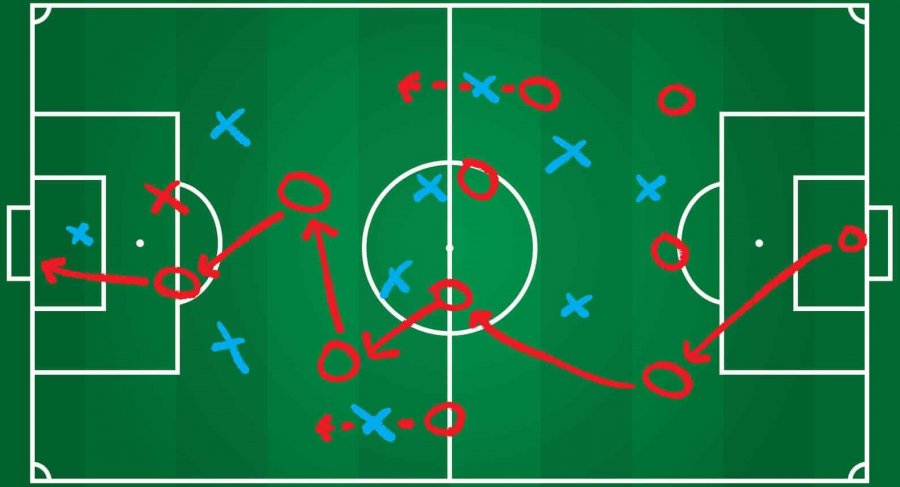
D'Alembert is a financial strategy developed in the mid-18th century by the French mathematician of the same name. Like other systems, its original application was aimed at casino games, but has been used in sports betting for decades. How the strategy works and for whom it is intended will be covered in the following material.
What types of bets are suitable for the strategy?
D'Alembert's system is wide-ranging and independent of event output, making it a viable option for both sports and casino games. The only condition is that the selected markets be accompanied by a factor of 2.00 or more in order to cover the previous financial losses.
Similar to Martingale, Fibonacci and other betting strategies, it is mandatory that the selected sporting events be at different time intervals. The reason for this condition is completely logical, since each subsequent bet is influenced by the outcome of the previous selection. If the bet proves to be profitable, a step back is required, and in the event of an unfavorable outcome, an increase in the stake by one is required.
Implementation of the D'Alembert system
The most important task for the participant is to choose the starting capital and on that basis to form the percentage ratio per unit of bet. The strategy is also known as the Pyramid Theory, because with a negative outcome, you increase the stake with a minimum value, and with a profitable development you reduce it.
Let's say you have deposited £100 in your balance. The best solution is to have one unit equal to £5 or 1/20 of the value of the available capital. This guarantees you long-term betting even if you are in for a long losing streak.
Example of using D'Alembert if the initial step is £ 5 and the odds for each selection are £2.00:
- Bet # 1 (£5): If you win, your next bet is £5 again, and if you lose, you increase the bet to £10;
- Bet # 2 (£ 10): If you win, your next bet is £5, and if you lose, you increase the bet to £ 15;
- Bet # 3 (£ 15): If you win, your next bet is £ 10, and if you lose, you increase the bet to £ 20;
- Bet # 4 (£ 20): If you win, your next bet is £ 15, and if you lose, you increase the bet to £ 25.
As you can see from the numbered betting list, D'Alembert's goal is to minimize losses, not to guarantee volume gains. If you accumulate 2-3 consecutive winning selections, you will increase your balance, otherwise you only protect it from faster bankruptcy.
Counter D'Alembert
The counterstrategy is a practical option for seekers of more valuable potential profits. In addition, Counter D'Alembert reduces the risk of loss and is extremely easy to implement.
Unlike the usual strategy, this is a positive progression, which means that when you make a profit you increase the bet and when you lose it you return by one. Here, you will not expect dizzying gains, but if you enter into a series of several successful bets, you will make progress at the start-up bank.







